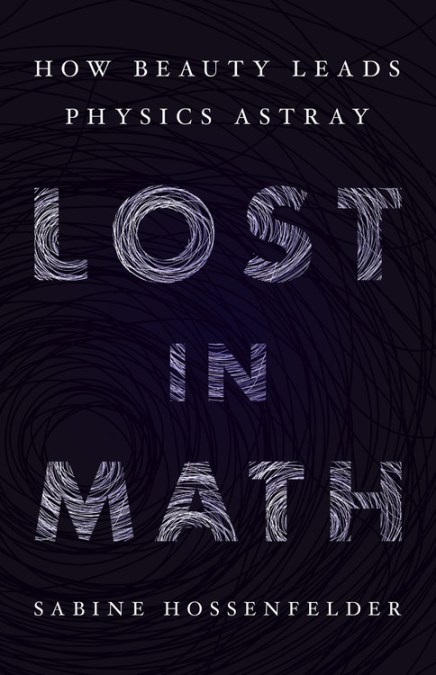
Sabine Hossenfelder, author of Lost in Math: How Beauty Leads Physics Astray, offers to explain,
A lot of scientists, for example, subscribe knowingly or unknowingly to a philosophy called “realism” which means that they believe a successful theory is not merely a tool to obtain predictions, but that its elements have an additional property that you can call “true” or “real”. I am loosely speaking here, because there several variants of realism. But they have in common that the elements of the theory are more than just tools.
And this is all well and fine, but realism is a philosophy. It’s a belief system, and science does not tell you whether it is correct.
So here is the thing. If you want to claim that the Higgs-boson does not exist, you have to demonstrate that the theory which contains the mathematical structure called “Higgs-boson” does not fit the data. Whether or not Higgs-bosons ever arrive in a detector is totally irrelevant. Sabine Hossenfelder, “Does the Higgs-boson exist?” at BackRe(Action)
See also: Sabine Hossenfelder: Black holes vs. quantum mechanics = something has to give Her view: Most physicists believe that the solution is that the Hawking radiation somehow must contain information after all.
Sabine Hossenfelder: “We know that quantum mechanics is wrong.” Do we know that quantum mechanics is wrong and, if so, how can it be useful?
and
Sabine Hossenfelder: Has The Large Hadron Collider “Broken Physics”?
Follow UD News at Twitter!